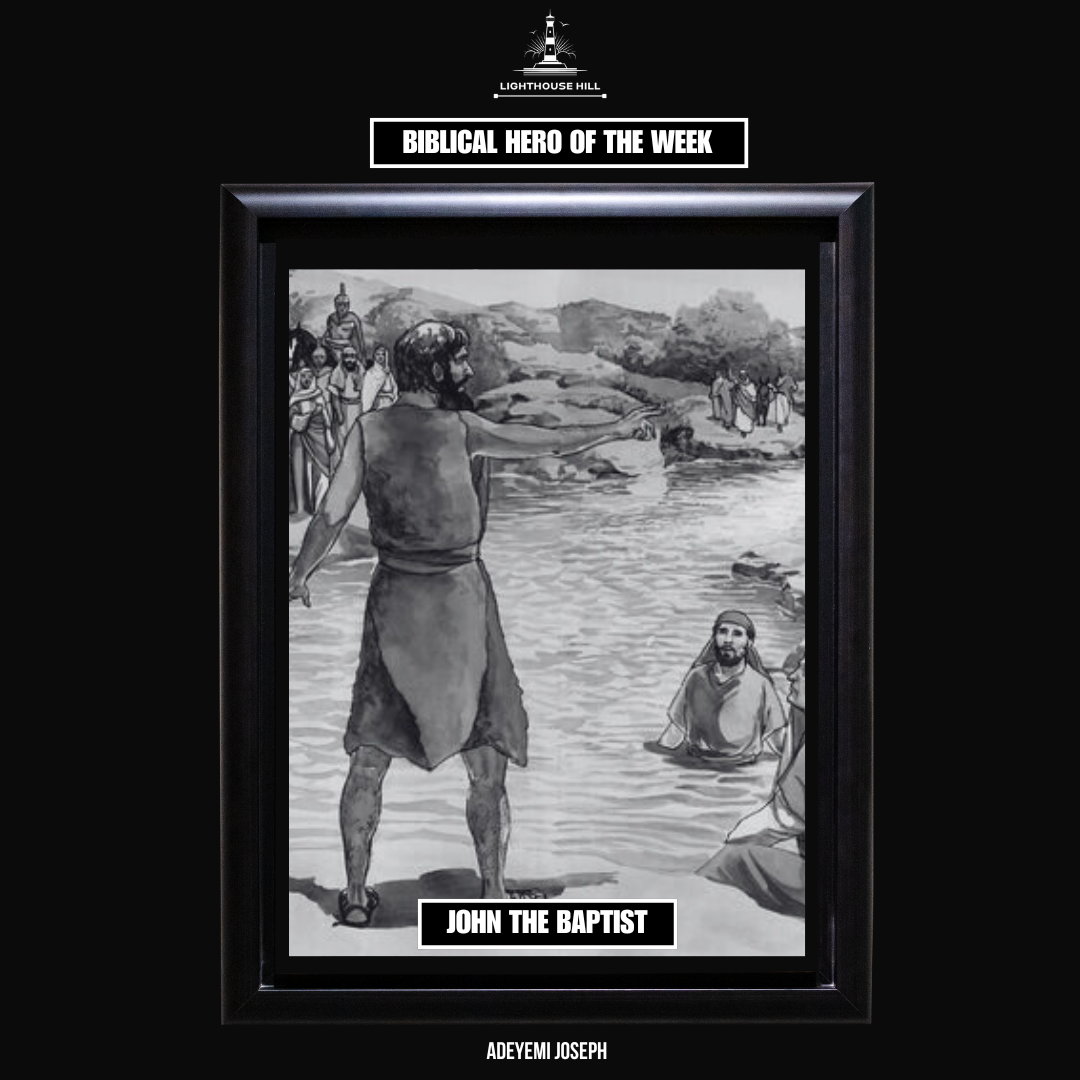
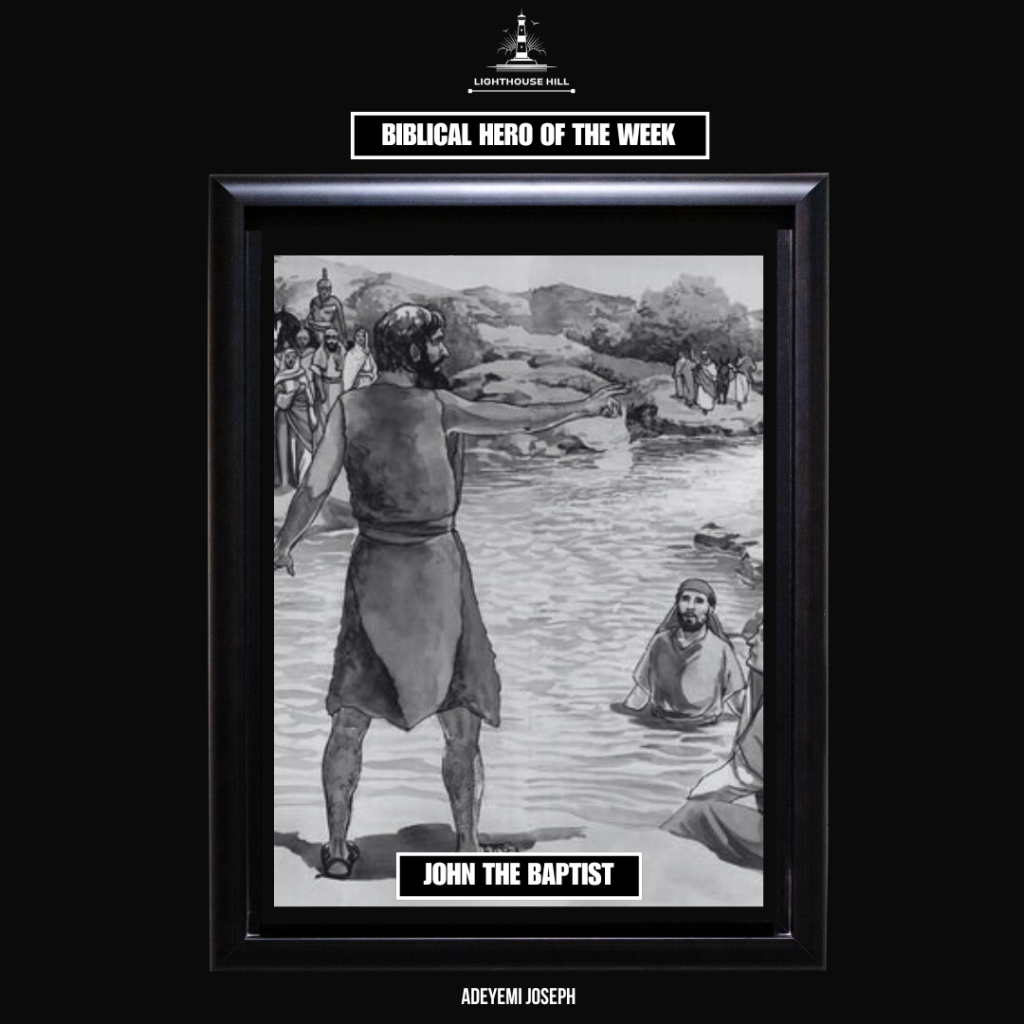
A key link between the Old Testament prophets and the New Covenant is John the Baptist, a man of stern austerity and fiery declaration. John’s ministry was an essential prelude to the arrival of Jesus Christ, and he was more than just a preacher—he was a divinely appointed frontrunner. Despite being short, his life was a turning point that prepared the way for the Messiah by sounding a clarion call throughout Judea’s wilderness.
John’s unique role in the life of Jesus is attested to by the Gospels of Matthew, Mark, Luke, and John. In sharp contrast to Jerusalem’s religious and political elites, he emerged from the barren landscape as a man dressed in camel hair who eats locusts and wild honey.
This very appearance was a potent symbolic gesture that echoed the ancient prophets, especially Elijah, whose return was seen as a sign of the age to come. John’s way of life demonstrated a radical dedication, a disengagement from material comforts, and a singular concentration on the divine message he was spreading. He preached repentance, roaring, “Repent, for the kingdom of heaven is near!” [Matthew 3:2].
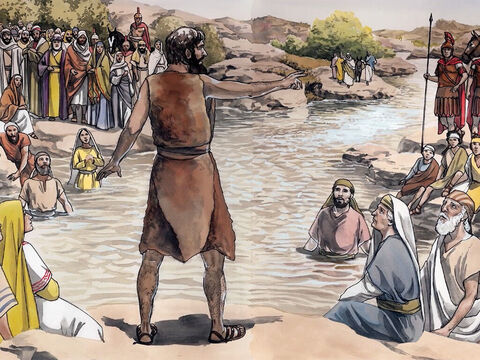
Matthew 3:1-12
John the Baptist starts preaching in the wilderness of Judea.
This was a strong call for a drastic change in heart and life, not a kind invitation. He saw the hypocrisy and self-righteousness that had masked the actual significance of God’s law, as well as the pervasive corruption within the religious establishment. He urged a return to true piety, a repentance of sin, and an unwavering acceptance of God’s righteousness. A potent symbol of this repentance was John’s baptism, which involved submersion in the Jordan River. It represented a deep cleansing, a public admission of sin, and a dedication to a new life; it was more than just a ceremonial washing.
Crowds from Jerusalem and all of Judea were drawn to this act, proving the effectiveness of John’s teaching and the people’s spiritual hunger. They came, confessing their sins and getting baptized, seeking a path to reconciliation with God. John’s ministry was also observed by the Sadducees and Pharisees, two groups of religious leaders. John did not, however, spare them his censure. Instead of sincerely seeking God, he saw their insincerity and desire to hold onto their status and power.
He referred to them as a “brood of vipers,” casting doubt on their claims to righteousness based on ancestry and highlighting the need for sincere repentance. He forewarned them that only those who produced good fruit would be spared from God’s wrath, that judgment was coming, and that the axe was laid to the roots of the trees.
Also Read: THE DANIEL LEGACY: THE WISDOM OF FAITH
John’s ministry served as both a prelude to the coming Messiah and a call to repentance. He prophesied as “the voice of one crying in the wilderness, ‘Make straight the way of the Lord,'” [Mark 1:3] enacting out Isaiah’s great prophecy. He understood his role as subordinate, a forerunner preparing the hearts of the people to receive the one who was to come.
When Jesus appeared at the Jordan River to be baptized by John, a profound moment of revelation occurred. John initially hesitated, recognizing Jesus’ superior holiness. “I need to be baptized by you, and do you come to me?” he asked [Matthew 3:14]. But Jesus insisted, explaining that it was necessary to fulfill all righteousness. As Jesus emerged from the water, the heavens opened, the Spirit of God descended like a dove, and a voice from heaven declared, “This is my beloved Son, with whom I am well pleased.” [Matthew 3:17]. This event validated John’s testimony and signaled the start of Jesus’ public ministry. John acknowledged Jesus as the Lamb of God, who atones for the world’s sin. “He must increase, but I must decrease,” he declared. [John 3:30].
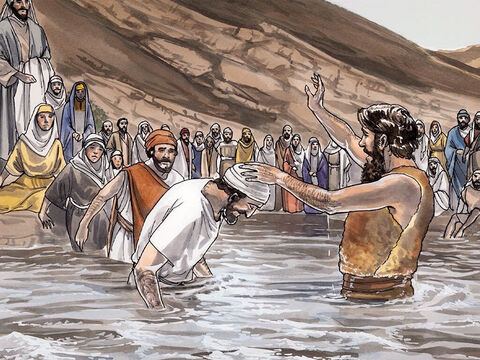
Matthew 3:1-12
John the Baptist starts preaching in the wilderness of Judea.
John recognized that his job was to draw people’s attention to Jesus and the real Messiah. But there were difficulties in John’s ministry. Herod Antipas put him in jail for denouncing his illegal union with his brother’s wife, Herodias. John’s faith held firm even while he was incarcerated. “Are you the Coming One, or should we expect someone else?” [Matthew 11:3] he asked Jesus when he sent his disciples to him. In response, Jesus pointed to the miracles he was working, which fulfilled the Messiah’s prophecies. Jesus himself testified to John’s greatness, declaring, “Truly I tell you, among those born of women there has risen no one greater than John the Baptist.” [Matthew 11:11]. He recognized John’s unwavering commitment to God’s will, his courage in speaking truth to power, and his pivotal role in preparing the way for the Messiah.
John’s martyrdom, at the hands of Herod, stands as a testament to his unwavering faithfulness. He remained true to his convictions, even in the face of death. His life and death serve as a powerful example of courage, humility, and unwavering devotion to God.
In conclusion, John the Baptist’s ministry was a crucial turning point in biblical history. He was the frontrunner, the prophet who prepared the way for Jesus Christ. He was a key player in the unfolding story of salvation because of his message of repentance, his cleansing baptism, and his unflinching testimony to Jesus’ messiahship. Despite his short life, he made a lasting impression on the world and taught us the value of bravery, humility, and a complete dedication to God’s plan. Throughout the ages, he has served as a potent example for believers, a voice in the wilderness urging us to get ready for the Lord’s return.



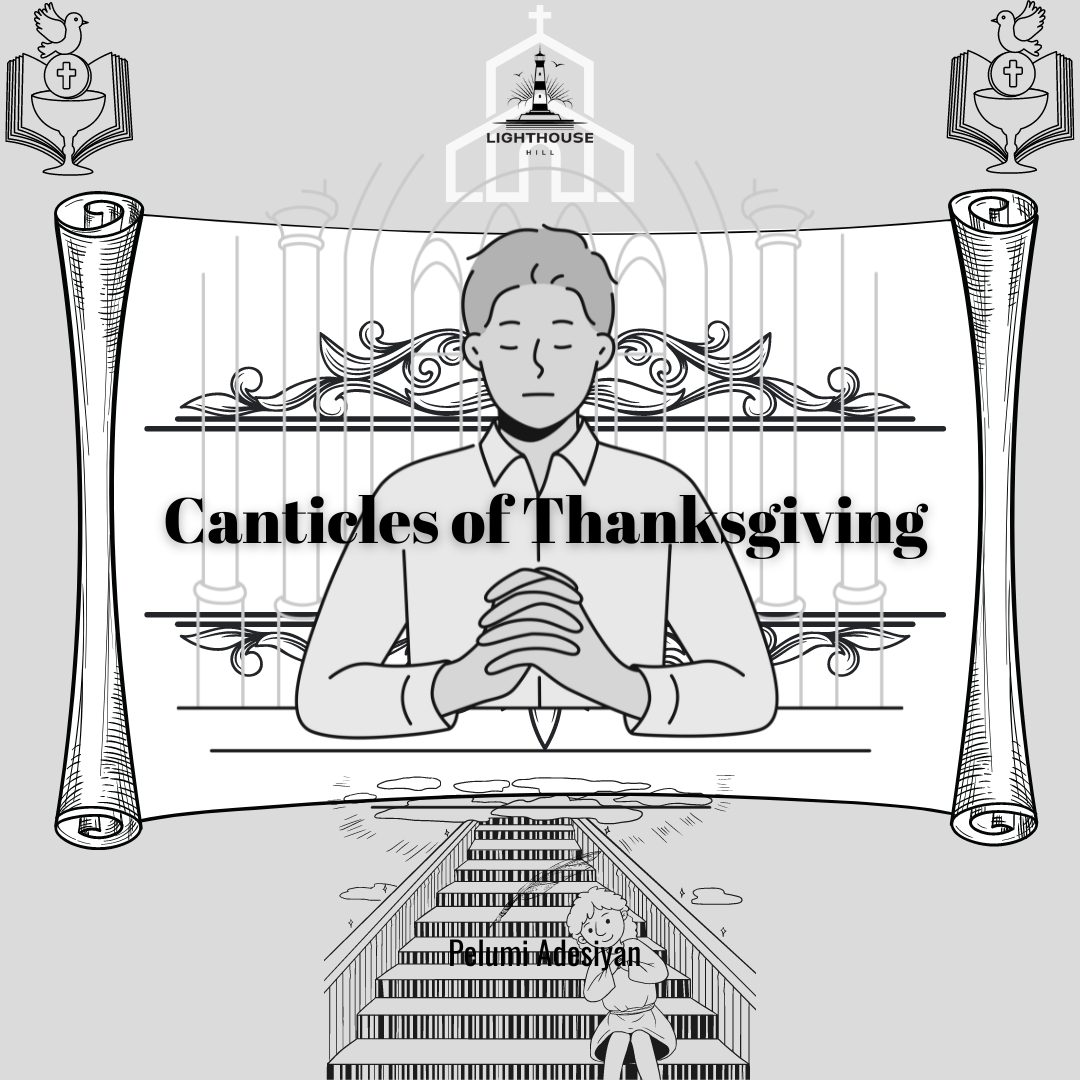


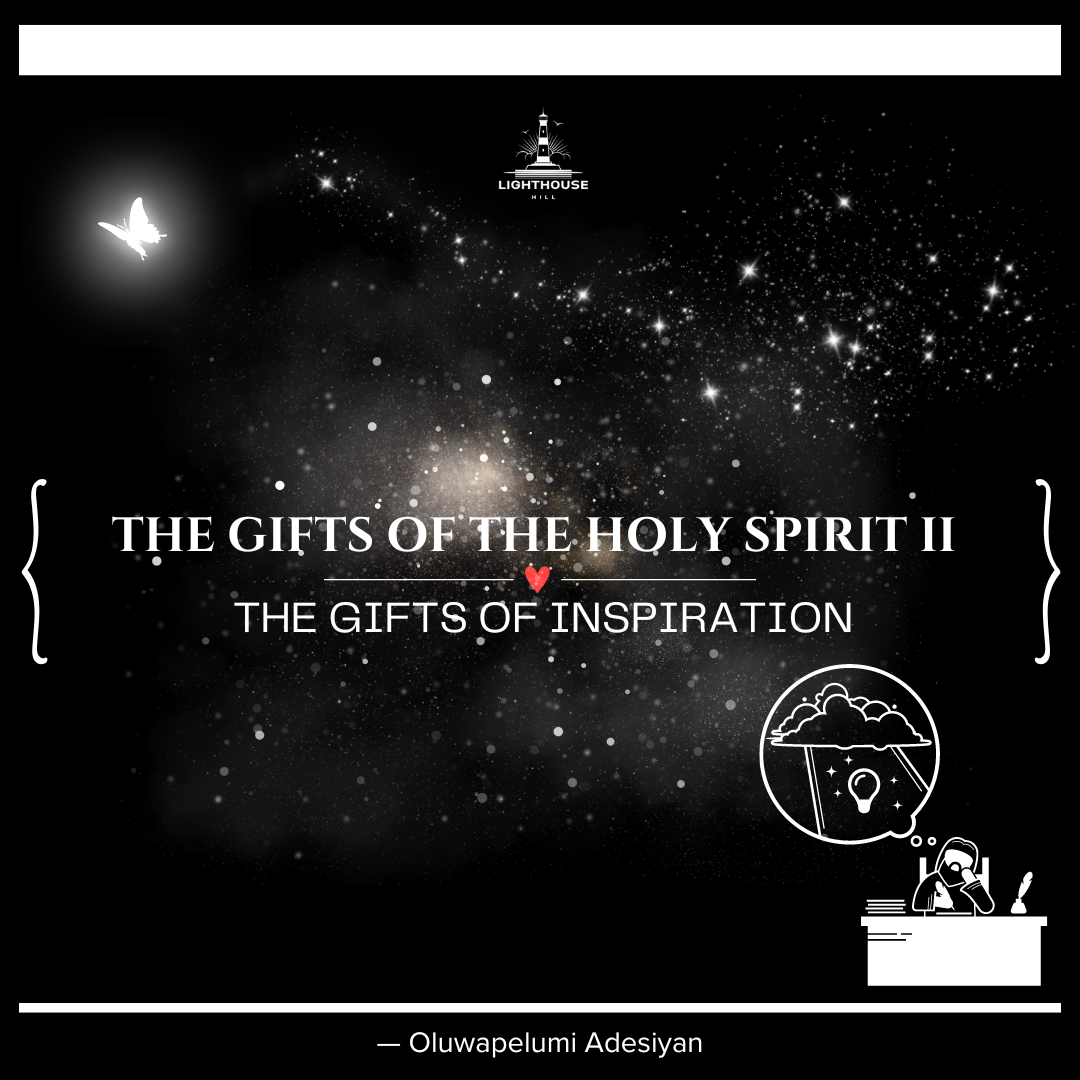
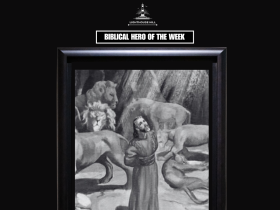
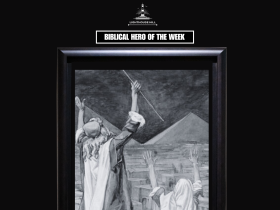



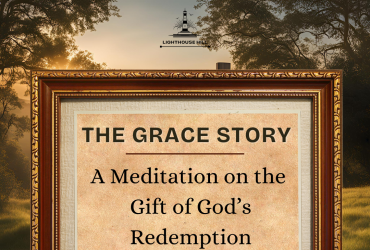



Leave a Reply
View Comments